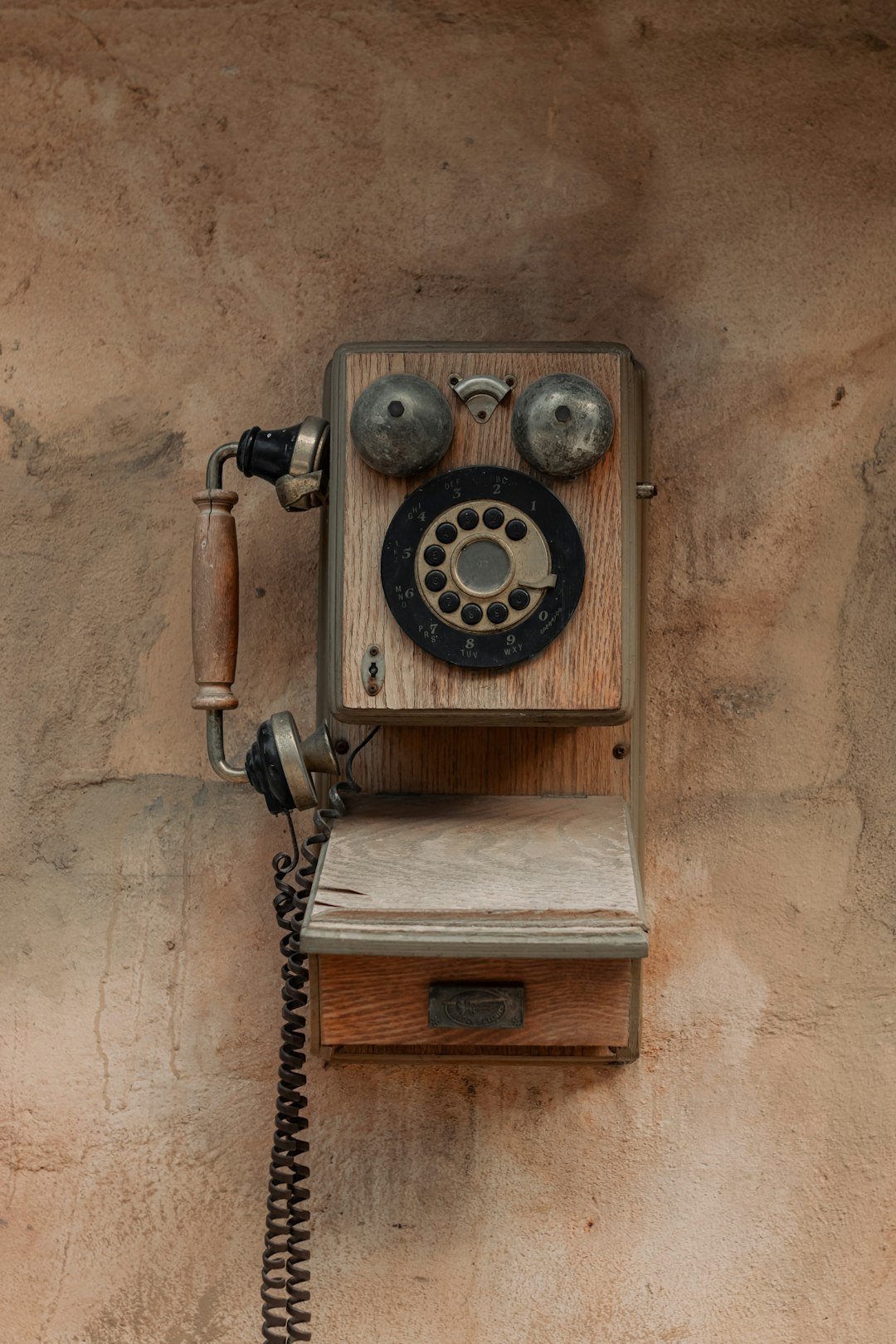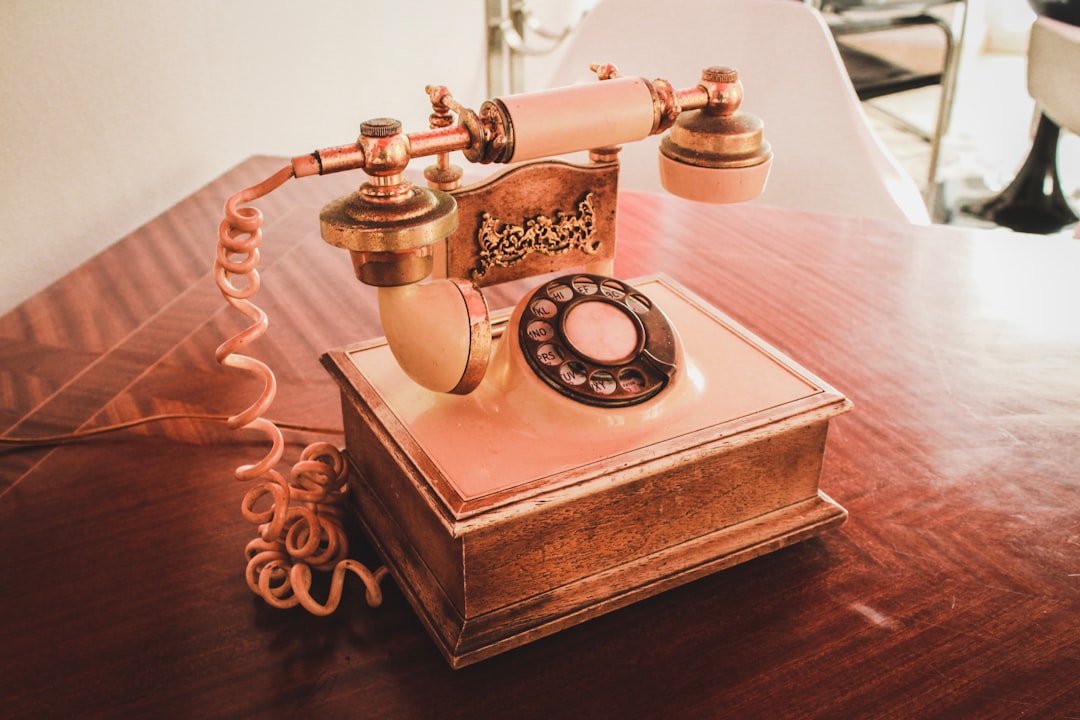Spam calls from telemarketers in Maine are a common nuisance, but understanding your rights under strict state regulations can help mitigate them. Recognize patterns like repetitive messages and urgent demands, and empower yourself by reporting these calls to authorities like the FTC or Maine Attorney General's Office. Protect yourself by registering your number on the National Do Not Call Registry and Maine's Do Not Call List. Utilize call-blocking apps and be mindful of sharing personal information online. Stay informed about current scams to better recognize and handle unwanted telemarketing tactics effectively.
Tired of relentless spam calls from telemarketers in Maine? Understanding your legal rights and effective reporting methods is crucial for reclaiming your peace of mind. This guide delves into the world of spam calls, helping you identify common patterns and navigate the process of stopping them. From recognizing red flags to utilizing reporting tools, we equip folks in Maine with the knowledge to protect their privacy. Discover practical tips and resources to transform your bustling phone line into a quieter, more enjoyable space.
Understanding Spam Calls and Telemarketers in Maine

Spam calls from telemarketers are a common nuisance, but understanding your rights and the laws in place can help you navigate this issue effectively. In Maine, as in many other states, businesses engaging in telemarketing activities must adhere to strict regulations designed to protect consumers from unwanted and deceptive practices. These rules include obtaining prior consent before making automated or prerecorded calls, providing a way to opt out of future calls, and respecting consumer privacy.
Despite these measures, spam calls can still slip through the cracks. Recognizing common patterns, such as frequent, unsolicited calls offering products or services, is the first step in identifying potential telemarketing fraud. Knowing your rights and understanding the legal framework surrounding telemarketing practices empowers you to take action. If you reside in Maine, reporting these calls to the appropriate authorities, like the Federal Trade Commission (FTC) or the Maine Attorney General’s Office, can contribute to a broader effort to curb spam calls and protect other residents from similar harassment.
Identifying Common Spam Call Patterns

Spam calls from telemarketers can often be identified by certain patterns and characteristics. In Maine, as in many other places, these calls typically involve repetitive or pre-recorded messages, demanding immediate attention or offering enticing but too-good-to-be-true deals. They may target specific demographics or use vague, generic greetings to reach a wide audience. Recognizing these patterns is the first step in knowing how to stop spam calls Maine residents often receive.
By understanding typical telemarketing tactics, you can better protect yourself and your personal information. Avoiding providing sensitive details over the phone to unknown callers is crucial. If you suspect a call is spam, hang up immediately and consider registering your number on the Do Not Call list. This official registry can help reduce the frequency of unsolicited calls, making it an effective tool in combating spam calls in Maine.
Legal Rights to Stop Unwanted Calls in Maine

In Maine, as in many other states across the US, there are strict laws in place to protect consumers from unwanted telemarketing calls, commonly known as spam calls. The Telephone Consumer Protection Act (TCPA) grants individuals powerful tools to stop and prevent these invasive calls. Here’s how you can exercise your rights:
1. Opt-Out Directories: Register your phone number on the National Do Not Call Registry, a federal list that automatically blocks most telemarketing calls. Maine also maintains its own Do Not Call List, which further filters out unwanted calls from local sources.
2. Legal Action: If you suspect a call is spam, you have legal recourse. The TCPA allows for monetary damages of up to $500 per violation, with treble damages (up to $1,500) if the violator knew or should have known their actions were unlawful.
Effective Methods to Report Spam Calls

To effectively report spam calls from telemarketers in Maine, start by utilizing tools provided by your phone company. Many carriers offer dedicated mechanisms to block and report unwanted calls directly from your device settings. This initial step not only stops future calls but also helps build a record of the offending number.
Additionally, reporting spam calls to regulatory bodies is crucial for collective action. The Federal Communications Commission (FCC) and Maine’s public utility commission maintain platforms where individuals can file complaints about nuisance calls. Providing detailed information, including call timestamps, content, and the phone number, aids in identifying and penalizing telemarketers engaging in abusive practices. Remember, every reported spam call contributes to a larger effort to How to Stop Spam Calls Maine and protect fellow citizens from relentless marketing attempts.
Additional Resources and Prevention Tips

If you’re looking for additional resources or preventive tips on how to stop spam calls in Maine, several organizations offer assistance tailored to your state. The Federal Trade Commission (FTC) provides comprehensive guidance and tools to combat unwanted calls, including a Do Not Call registry that can help block telemarketers from contacting you. In Maine, the Attorney General’s office also offers advice and support for residents dealing with spam calls, emphasizing the importance of consumer protection.
To protect yourself, consider implementing several strategies such as using call-blocking apps or features on your phone, registering for the National Do Not Call Registry, and being cautious about sharing your contact information online. Additionally, staying informed about current scams and telemarketing tactics can help you better recognize and handle spam calls effectively.






